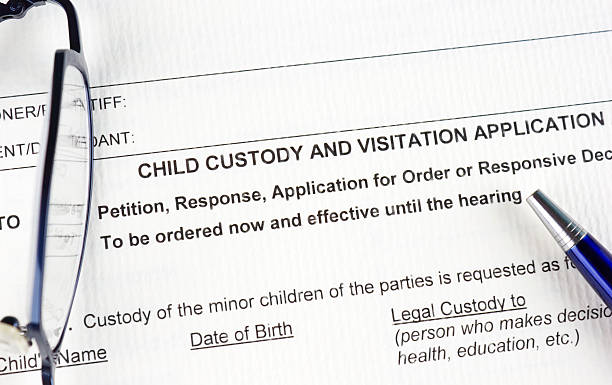Yes, filing Chapter 7 bankruptcy immediately stops car repossession through the automatic stay. However, the automatic stay doesn't eliminate your lender's lien on the vehicle. If you're behind on payments, you'll need to catch up quickly, reaffirm the loan, redeem the car, or surrender it. In North … [Read more...]
Alternatives to Bankruptcy in Texas: Real Options That Can Work
Alternatives to bankruptcy in Texas can work, but it depends on your debt type, how close you are to a lawsuit, and what you own. Many Texans have strong wage and property protections, but secured debts like a mortgage or car loan can still lead to foreclosure or repossession. Bankruptcy can feel … [Read more...]
Custody Lawyer Cost in Texas: Realistic Fees, Retainers, and What Drives the Bill
Custody lawyer cost texas: It depends on whether your child custody case stays agreed or becomes contested. Many lawyers charge about $150 to $600+ per hour and ask for a $2,500 to $10,000 retainer, but high-conflict cases can exceed $40,000 when hearings, discovery, or trial prep stack up. … [Read more...]
Can Utility Bills Be Included in Chapter 7 Bankruptcy in Texas?
Can utility bills be included in chapter 7 bankruptcy in Texas? Yes, in most cases past-due utility bills can be included and discharged, but you must keep paying future utility bills and you may have to post a new deposit to keep service on. Cable, internet, and cell phone service may not get the … [Read more...]
Do Minors Have to Pay Child Support in Texas?
Do minors have to pay child support in Texas? Yes. In Texas, a parent can be ordered to pay child support even if that parent is under 18. But minor-parent cases often need an adult next friend to help the teen parent take part in court. Key Takeaways Even if a parent is under … [Read more...]
How to Register an Out-of-State Custody Order in Texas
To register an out-of-state custody order in Texas, send the appropriate Texas court: (1) a request to register, (2) two copies of the order (one certified), (3) a sworn statement the order hasn’t been modified, and (4) names and addresses of the parties (with safety exceptions). The court serves … [Read more...]
Can Gambling Debt Be Discharged in Bankruptcy in Texas?
Discharging gambling debt in bankruptcy in Texas is often possible, especially when the debt is unsecured—like credit cards, personal loans, and many casino markers—and not connected to fraud. The real complications arise from recent cash advances, last-minute gambling binges, or providing a lender … [Read more...]
Legal Guardian vs Power of Attorney in Texas Explained
Wondering what “legal guardian vs power of attorney in Texas” really means? A power of attorney in Texas is a private legal document. In it, a capable adult chooses an agent (attorney-in-fact) to handle financial or medical decisions. Meanwhile, a legal guardian is very different. It is a … [Read more...]
Should I Put My Home in a Trust in Texas? Pros, Cons & Your Next Steps
If you own a home in Texas and are asking, “should I put my home in a trust in Texas?”, you are really asking two things: will a trust make life easier for my family, and do I need a Texas living trust attorney to set it up correctly? In many cases, a revocable living trust can keep your homestead … [Read more...]
What Am I Entitled to in a Divorce in Texas?
Are you also questioning, what am I entitled to in a divorce in Texas? In a Texas divorce, you may be entitled to a fair share of community property (assets and debts acquired during the marriage), possible spousal maintenance, and child-related support based on your children’s needs and your … [Read more...]
- 1
- 2
- 3
- …
- 71
- Next Page »










